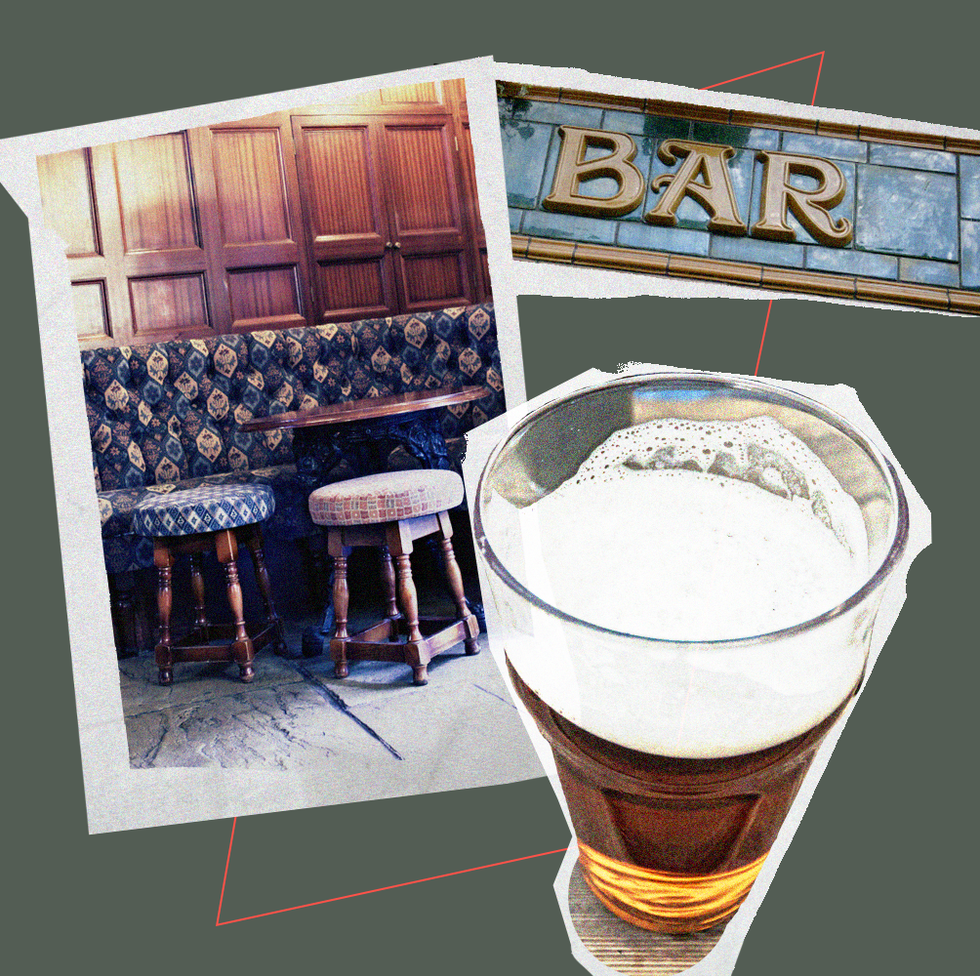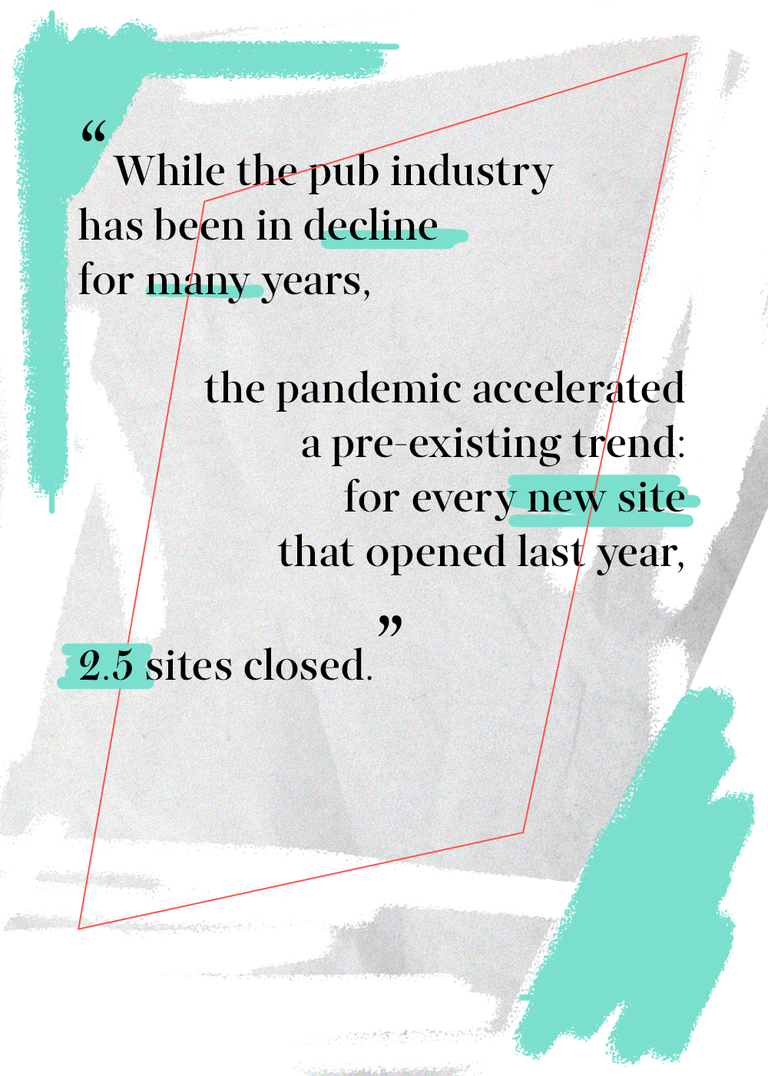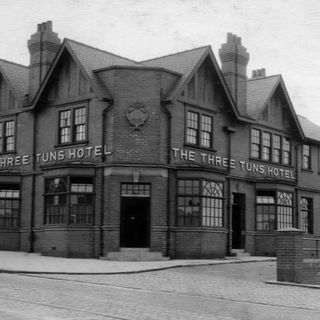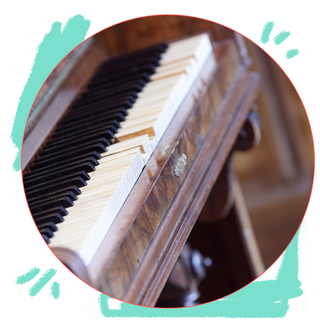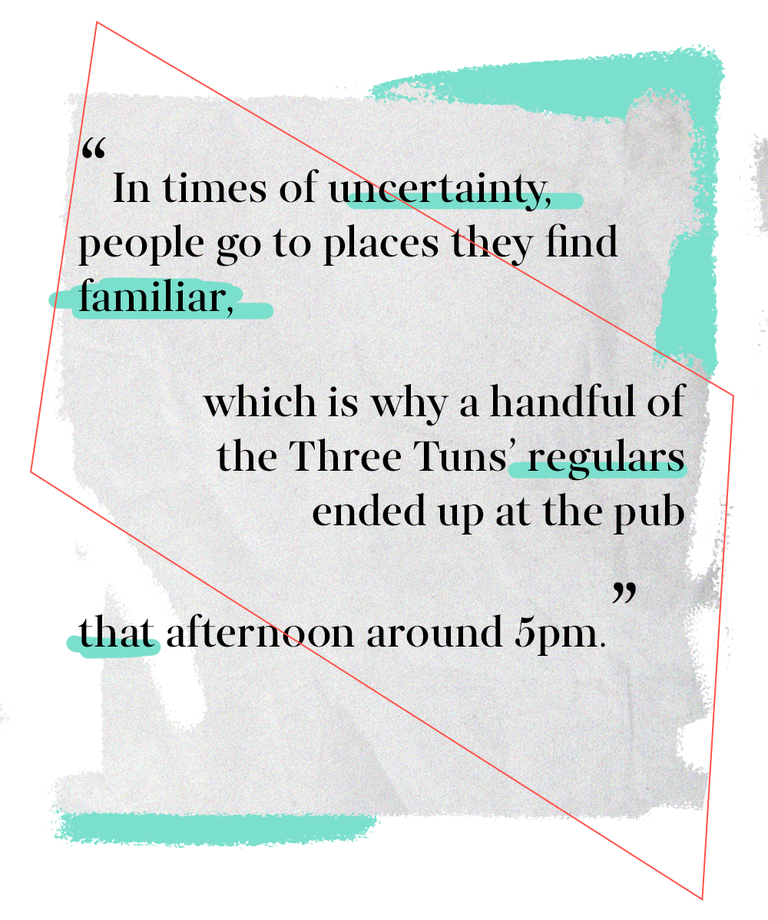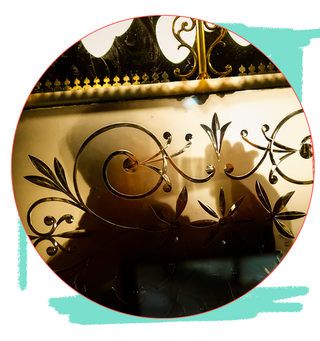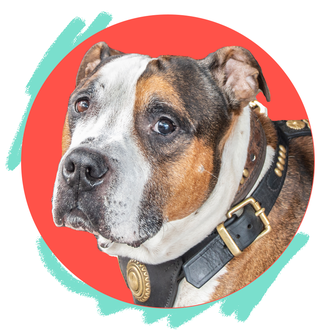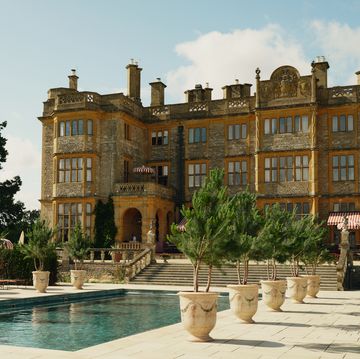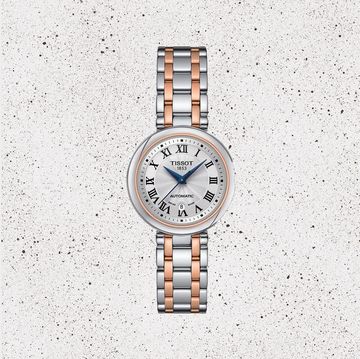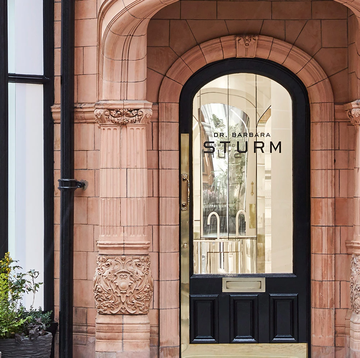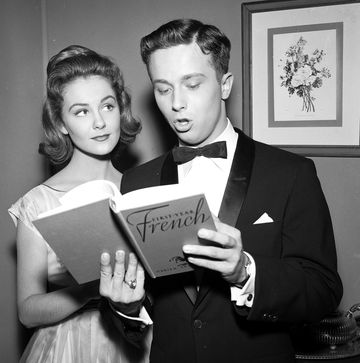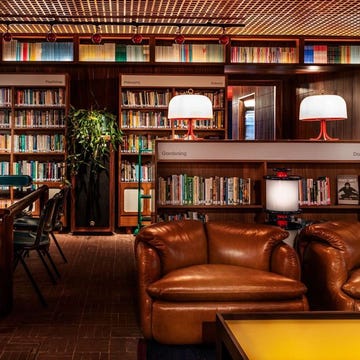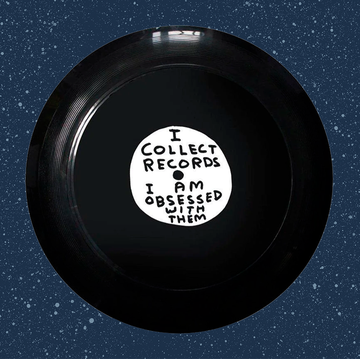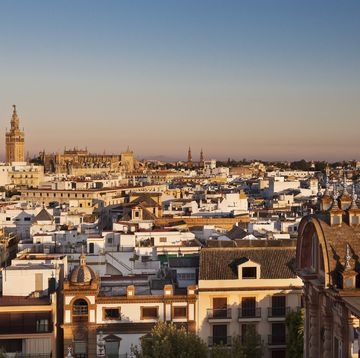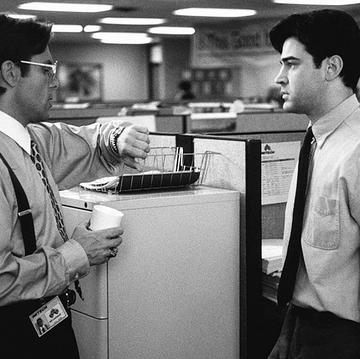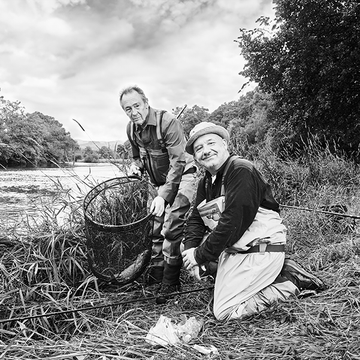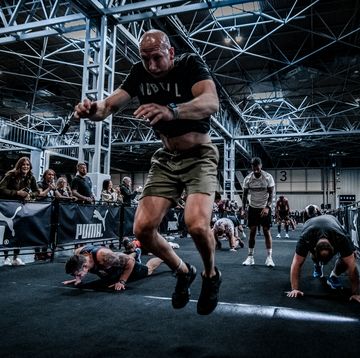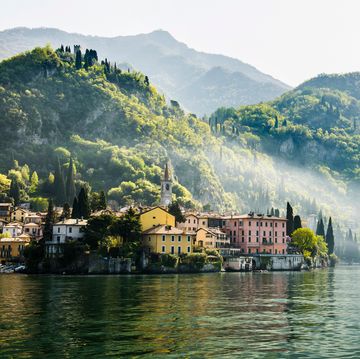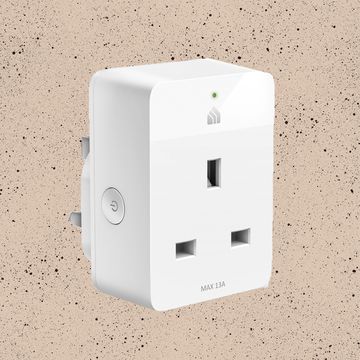The north east is known for its nightlife, but while Newcastle may get the acclaim, it’s nearby Gateshead that holds a place in the record books. The town of 202,000 is a fraction of the size of its northern neighbour, yet it lays claim to the most pubs per person in the UK. Among them is the Three Tuns, which has stood in the town for nearly a century since it was built in 1923 by Newcastle Breweries.
The Three Tuns is typical of many of the UK’s 106,000 licensed premises: a community hub, drawing in a diverse crowd from around the local area, providing far more than a place to drown your sorrows, but also a method of connecting with others.
The last fifteen months, however, have presented the Three Tuns and its landlord, Paul Smith, with immense challenges. The coronavirus pandemic has wreaked havoc on the country, and Britain’s pubs haven’t escaped the impact. Nearly 10,000 licensed premises closed in 2020, according to market analysts CGA. While the pub industry has been in decline for many years, the pandemic accelerated a pre-existing trend: for every new site that opened last year, 2.5 – double the number from 2019 – closed.
What does it all mean for the country that we haven't heard the familiar ring of last orders for most of the last year? Every community and every pub will be different. But the story of one watering hole, in Britain’s best-served area, can help tell the tale.
Smith, 57, first got into owning pubs by drinking in pubs. Born in Gateshead, and living in the town most of his life, he went to university and entered the world of retail management after graduating. He dragged his life around the country for work, but grew sick of living out of cars. He wanted to stand still for a time, around people he knew, and he figured a pub would be the best way to get that.
“I’d never, apart from drinking in one, had any experience,” he admits. But he thought he’d have a go anyway. Twenty years ago, he bought a lease on a small pub on one of Gateshead’s busiest roads: Sheriff’s Highway, which cascades north west from the Queen Elizabeth Hospital at the top of a steep hill down towards the River Tyne, almost uninterrupted. Smith had no idea what he was doing at the pub, the Three Tuns. “The first day was interesting,” he says now, “but you learn quickly when it’s the way you make your living.”
The Three Tuns quickly became known for its live gigs, as well as for the free music lessons it put on for local youth. Years later, those very same kids would become regular customers, and some of them went on to work behind the bar. “I think the lessons built up a massive amount of trust and love between us and the local community,” Smith says. “We looked after them as kids and it kind of fostered a nice relationship.” Smith is proud of the fact that the majority of his staff have been pouring pints with him since the beginning.
It was through live music that Steve Parnell, then in his early 20s, came to visit the pub, which sits on the corner of the main thoroughfare, opposite a Methodist church. “There’s normally live music five or six days a week,” he says. Seventeen or 18 years ago – Parnell, now 39, can’t remember when exactly – he turned up on one of those nights. He liked the gig and liked the ambience, quickly becoming a regular. “There’s just something to draw you in,” he says. “It didn’t take long, being in there, before you made friends. It’s a big community: everyone’s a friend, everyone knows each other, and you’re very welcome.”
Five and a half years ago his partner, Lauren Tierney, began joining him. Eventually, the couple would spend pretty much every day of the week there. Smith became a friend to Parnell and Tierney; for his birthday one year, they all went to the Lake District on holiday, piloting boats around the water. “They’re really good friends of mine,” Smith says, “I didn’t know them before I had the pub.” But like so many close relationships forged inside the building’s walls over the years, it would soon face a test like no other.
The Three Tuns received its usual order of beer and other drinks on the morning of 20 March, 2020. In all, £4,000 of alcohol came off the lorry parked outside the premises that morning and rolled into the pub’s stores. But the atmosphere that Friday felt strange. Something was up, and the miasma of coronavirus began to lay heavily over Gateshead’s hills.
In times of uncertainty, people go to places they find familiar, which is why a handful of the Three Tuns’ regulars ended up at the pub that afternoon around 5pm. TV news footage of BBC reporters stood outside Downing Street hummed in the background as everyone waited for the prime ministerial press conference. The reporter, a cold sore throbbing on his upper lip, was filling time until the cameras cut to the oak-panelled briefing room that would become a familiar sight for millions of Britons over the next year. He spoke about how, despite cautionary advice from Boris Johnson to stay away, the streets of London he had walked through that day were still pretty vibrant with people. Cafes remained busy; restaurants full. Pubs too, for that matter. Labour felt it might be important to ramp up the warnings and ban things altogether.
The number of deaths that day was 167, according to the rolling news ticker flipping over at the bottom of the screen. SAGE, the UK’s scientific advisory group, were advising some form of social distancing might need to be around for a year. Wetherspoons boss Tim Martin said he wouldn’t be closing his pubs. “What business is going to close down unless they’re told they have to?” asked Jane Hill, anchoring the coverage from the studio. “They have to make money.”
At 5:04pm Boris Johnson began speaking behind a podium emblazoned with the message “Protect the NHS”. He blathered on for a while, occasionally pounding the podium for emphasis, before cutting to the chase.
“We are collectively telling – telling – cafes, pubs, bars, restaurants to close tonight as soon as they reasonably can, and not to open tomorrow,” Johnson added. “These are places where people come together, and indeed the whole purpose of these businesses is to bring people together. But the sad thing is that today for now, at least physically, we need to keep people apart.” He pleaded with people not to go out that night – no matter how much they were tempted to.
The air left the Three Tuns at 5:08pm. “No one knew how it was going to go,” says Tierney. “Nobody knew,” adds Parnell. “No one knew if it was going to survive or not,” his partner replies, in a near whisper.
The Prime Minister did dangle a carrot for some pubs, offering them the chance to offer takeaway food and drink. But for one of Smith’s pubs (he owns a second, The Schooner, also in Gateshead, on the banks of the Tyne) that was it. “The Three Tuns doesn’t do takeaways, so that beer just had to be destroyed,” says Smith. He poured £4,000 of stock down the drain, and locked the Three Tuns’ doors. The Schooner furloughed half its staff, operating at 20% of its normal turnover, losing the landlord an estimated £800 a week. As for the Three Tuns, Smith admits they did “nothing”.
“We just locked the doors and kept every cost to an absolute minimum to keep the building in as good a shape as we could,” he says. Turnover at the Three Tuns had levelled out at around £350,000 a year, pre-pandemic. Smith would end up doing the sums and discovering it earned just £50,000 in 2020, as what was a temporary closure, to be reviewed every month, turned into something nearing permanence for a year. Smith was lucky: friends of his who ran pubs threw in the towel, began working for Amazon and driving taxis. One now fries fish for a living. “They didn’t have the resources to stay afloat, even with the grants,” he says. It was the start of a long, lean year.
Smith and Trust Inns, which owns the Three Tuns, came to an agreement where the landlord would pay a nominal rent – but the utility companies, standing charges and other bills didn’t stop. Keeping the pub in amber cost Smith more than £50,000, he estimates. But it wasn’t just his future he was worried about. The reason the air left the Three Tuns on 20 March, as a pandemic began to bear down on the UK, was because many knew it would likely be the last time they’d see some fellow drinkers.
“It wasn’t as difficult for us because we live together, but I can imagine for some people, especially at a certain age when time isn’t exactly on your side, them missing out must have been really hard,” says Parnell. And so it turned out to be. The Three Tuns’s doors shut and stayed closed largely for the remainder of 2020 – save for 13 weeks of freedom in the summer. As spring turned to summer and Gateshead and the rest of the country dealt with the unreality of lockdown life, the chatter and clinking normally heard on this corner of Sherriff’s Highway was drowned out by the scream of sirens as ambulances began to tear past the pub on their way to the hospital up the hill, carrying the bodies of those grievously ill inside them.
At first it was two patients admitted to the Queen Elizabeth on 24 March, then 15 four days later. The number admitted on April Fool’s Day 2020 was so high – at 38, the most recorded in Gateshead throughout the history of the pandemic – that looking at it with the benefit of hindsight, one wonders if it was a sick joke. Five died in Gateshead on 30 March, the biological clock of Covid-19 meaning they were likely beginning to feel ill as Johnson spoke from his podium, regretting he had to close pubs. Eight each died on 8 April and 9. All were loved. All were lost. All were missed.
Whether from Covid, old age or other reasons, the numbers at the Three Tuns have dwindled too. “We’ve had a few friends from the pub pass away,” says Parnell. “It’s strange going back now. It feels a bit empty. Certain faces you’d expect to see, and you realise time has passed. We’ve lost about four or five people during lockdown.” Tierney hopes their names will join the wall of plaques inside the pub. The banner affixed on the corner of the pub’s outer wall, where Sheriff’s Highway meets Kells Lane, began to take on a sense of foreboding. It advertised a funeral service operating from further down the hill.
On long walks to relieve the boredom of indoor lockdown during autumn, winter and the spring, I would pass the Three Tuns’s boarded-up premises and pause every time that banner came into view. As the world turned, and case numbers rose, I began to weave more wildly along the pavements as I trudged up and down that hill, avoiding people who could be carrying the deadly virus in their lungs. Slowly, my heart stopped racing every time an ambulance, full sirens blaring, tore past me on the way to the hospital. Death became normalised. An extra zero was added to the national daily death count on 7 January and I barely took notice. The north east, and Gateshead, had borne the brunt of the second wave three months earlier, while drinkers elsewhere laughed and toasted each other’s good health in 2021.
The road is almost at an end – hopefully. The Three Tuns reopened outdoors on 12 April, like many pubs able to carve out an outdoor seating area. The regulars who remained – those not carried away by old age and loneliness – pulled together to help Smith. Some of the lads who most devotedly propped up its bar of an evening converted old barrels into seating.
“It was just hands-on to make sure it could reopen again, because it is important to people,” says Tierney on a glorious summer evening a week after it reopened. That night was the first time Tierney and Parnell would take a night off from visiting the Three Tuns since it opened. After a long period of closure and lost money, the pair wanted to ensure the pub’s landlord felt justified in reopening – and who could blame them? “It’s that novelty of being able to go back out again,” says Tierney. “A lot of the people I see in the pub I’ll only see in the pub,” says Parnell, who is godfather to a fellow drinker’s children, and was best man at another’s wedding. “You get very close, then it all shuts down, and you never see each other for months.”
Of course, the grand reopening wasn’t the first time the Three Tuns welcomed customers inside since that fateful day in March 2020. A quarter of the year was lived in relative liberty. But the key word is relative. “Those 13 weeks we were open was anything but manna from heaven, because the restrictions were so restrictive,” says Smith. “There was no joy being involved in pubs. The scrutiny was so intense. It was just pressure.” Smith now admits that summer was “a real chore. In fact, I prefer being closed than to be open in that manner.”
The Three Tuns managed to open its outdoor drinking space – it was lucky, as six in 10 pubs nationwide didn’t have that ability, according to data gathered by the British Beer and Pub Association. Those who can spent an average of £8,000 kitting out their outdoor spaces and improving safety measures to limit the spread of the virus – and they did so while knowing their income is likely to drop precipitously. While drinkers have been allowed inside the Three Tuns since then, numbers aren’t back to pre-pandemic levels. That’s not to mention the fact that, much like the far majority of hospitality business owners in the UK, Smith has been denied a substantial insurance payout. Pubs expect 2021 turnover to be just 29% of what they raked in in 2019.
It all begs the question: why bother? The reasons Smith kept going were multifarious: “I would’ve been in the house for a year and it would have driven me up the wall,” he admits. At 57, “I’m at the wrong time of life to be looking for career changes, to be honest.” He’s also got a romantic view of pubs. For good reason, too.
Some sense of community kept going even through lockdown, social distancing and the strange summer of being able to be in the same room as each other, but not able to sit together. Tierney and Parnell, along with other patrons, clubbed together to get the phone numbers of older drinkers, keeping in contact with them as they shielded and self-isolated over many months, doing shopping for them.
“The human element of what is a pub is huge,” says Michael Kill of the Night Time Industries Association (NTIA), a lobby group for the hospitality industry. “The lack of physical environments to meet has been something that people have found very difficult to get hold of. We can talk about mums, dads, nans and grandads: they’ve all had to get used to a different world. Previously many of them would go to the pub for lunch or dinner on a Sunday. There’s this real cycle of different people and the way they engage with pubs.”
That extends to the landlord. “All of it’s been hard,” admits Smith. “Your customers become your friends, and there are lots of people I haven’t seen for over a year now. You lose touch with people who are a massive part of your social life and your private life. I’ve got staff on furlough who are like family, really. They were people I saw every day for 20 years, and in some cases, I haven’t seen them for a year. It’s just… it just turns your life upside down, really. You’re still alive and you still exist, but there’s not much joy about it.”
For now, it’s just about keeping the faith. “We're the same people,” he says. “We've had a setback, but we’re ready to bounce back and welcome everybody in. Exactly as it was.”
Like this article? Sign up to our newsletter to get more articles like this delivered straight to your inbox
Need some positivity right now? Subscribe to Esquire now for a hit of style, fitness, culture and advice from the experts
